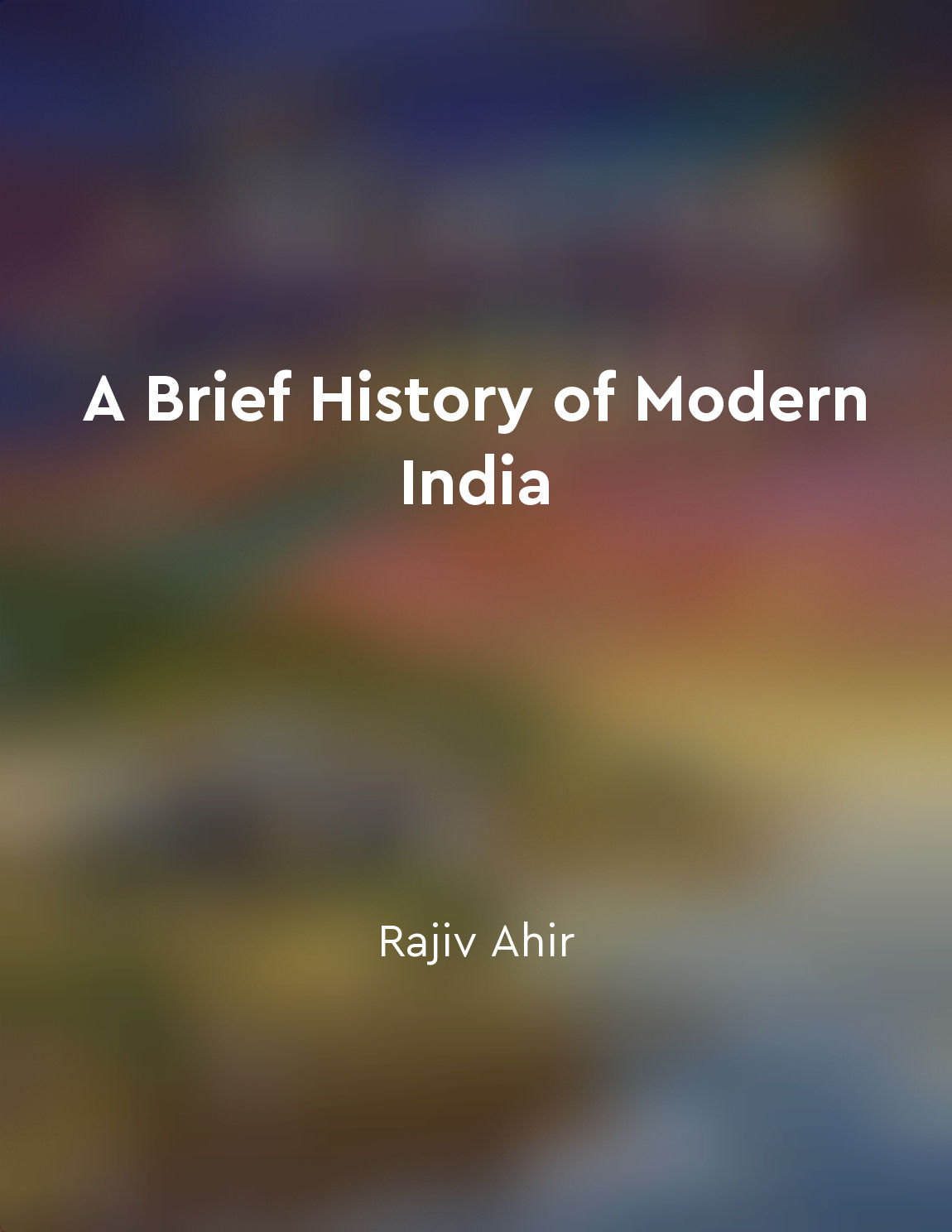The concept of Hindutva and its implications from "summary" of Why I Am a Hindu by Shashi Tharoor
The concept of Hindutva is a complex and contentious one, with far-reaching implications for Indian society and politics. At its core, Hindutva is a political ideology that seeks to define Indian culture and identity in terms of Hindu values and traditions. Proponents of Hindutva argue that India is a Hindu nation, and that the country's laws and policies should reflect this fact. They also believe that Hindus should have a privileged status in Indian society, and that members of other religious groups should either assimilate into Hindu culture or leave the country. However, critics of Hindutva argue that the ideology is exclusionary and discriminatory, and that it undermines India's tradition of religious pluralism and tolerance. They point to the violence and discrimination against religious minorities that have occurred in India in recent years, and argue that Hindutva is responsible for creating a climate of fear and division in the country. Critics also argue that Hindutva is a political tool used by certain groups to mobilize support and consolidate power, rather than a genuine expression of religious belief. The implications of Hindutva are wide-ranging and profound. The ideology has influenced the policies of the Indian government, leading to the passage of laws that discriminate against religious minorities and restrict their rights. It has also shaped public discourse in India, with debates over issues such as nationalism, secularism, and religious freedom often being framed in terms of Hindutva. In addition, Hindutva has had a significant impact on Indian society, with tensions between different religious groups often escalating into violence and conflict.- The concept of Hindutva is a deeply divisive and controversial one, with implications that extend far beyond the realm of politics. It has the power to shape the future of Indian society and politics, and to determine the course of religious relations in the country. As such, it is essential for all Indians to engage with the concept of Hindutva critically and thoughtfully, in order to understand its implications and work towards a more inclusive and tolerant society.
Similar Posts

Bofors scandal and corruption in politics
The Bofors scandal emerged as a significant episode in the realm of Indian politics during the late 1980s. It involved allegati...

Fundamental Rights and Duties of Citizens
Fundamental Rights are an essential part of the Indian Constitution as they guarantee certain freedoms to the citizens. These r...

Constitutional remedies provide redress for violations
The Constitution of India guarantees fundamental rights to all its citizens. These rights are considered sacrosanct and are mea...
INA and Subhash Chandra Bose
The Indian National Army (INA) was a significant development in India's struggle for independence. It was founded by Subhash Ch...

Parliament of India
The Parliament of India is the supreme legislative body of the country, consisting of two houses - the Rajya Sabha and the Lok ...
The caste system is built on myths of superiority and inferiority
The caste system is a complex hierarchy that categorizes people into different groups based on their perceived social status. T...

Rule of law ensures equality before the law
The principle of equality before the law lies at the heart of the Rule of Law. This means that all individuals, regardless of t...
The caste system creates barriers to social mobility
The caste system is not merely a social hierarchy; it is a structure that dictates one's place in society from birth. It assign...

Electoral Process and Election Commission
The Electoral Process in India is overseen by the Election Commission, an independent body responsible for conducting free and ...


